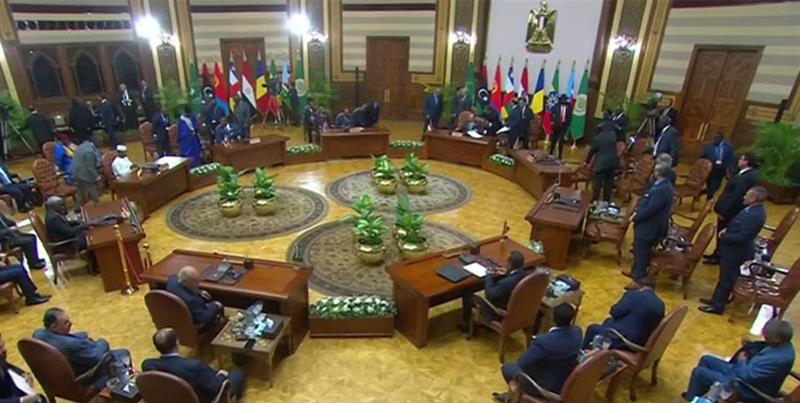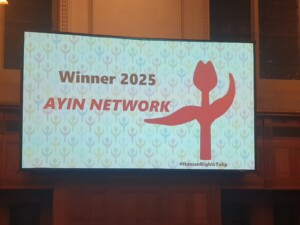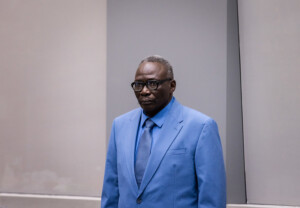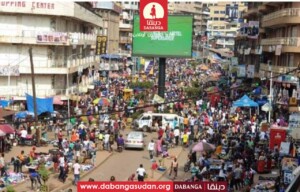Cairo summit explores solutions to Sudan conflict

Delegates at the opening of the Cairo summit (Photo: Egypt Gov)
CAIRO –
The leaders of Sudan’s neighbouring countries are meeting in Cairo for a summit aimed at finding a solution to the armed conflict ravaging Sudan, also addressing the potential spillover effects on regional stability. The summit prompted mixed reaction from Sudanese intellectuals and experts.
The summit of Sudan’s neighbouring countries begins today, Thursday 13 July, in Cairo, aiming to find a resolution to the ongoing armed conflict in Sudan between the Sudanese Armed Forces (SAF) and the Rapid Support Forces (RSF).
The meeting seeks to limit the conflict’s repercussions on the region’s countries, given Sudan’s rejection of the initiative of the Intergovernmental Authority on Development’s (IGAD). Kenya’s presidency of the IGAD quadruple mechanism has been deemed biased towards the RSF by the Sudanese army.
Ahmed Fahmy, the official Egyptian presidential spokesperson, announced that the summit will explore strategies to end the current conflict and mitigate its negative impact on neighbouring nations. Additionally, it seeks to establish effective mechanisms, with the participation of neighbouring countries, to achieve a peaceful settlement in Sudan, coordinating efforts with regional and international stakeholders.
The Sudanese Ministry of Foreign Affairs expressed support for the summit.
Scepticism
Experts and analysts have expressed scepticism regarding the summit’s prospects for success. They believe it runs parallel to the IGAD summit on Monday, the outcomes of which the Sudanese government has rejected.
Feisal Mohamed Saleh, journalist and Minister of Information during the government of Abdallah Hamdok, shared his insights in an interview with Radio Dabanga, saying, “when considering Sudan’s neighbouring countries, it is unlikely that Libya and the Central African Republic have much to offer to Sudan, as they face their own problems. South Sudan, on the other hand, is a party to the IGAD initiative, and its positions may align with IGAD’s.”
Saleh emphasised the need for coordinated international efforts to address the crisis in Sudan, cautioning that without proper coordination, none of the initiatives will succeed. He cited previous negotiations in Jeddah and Addis Ababa, highlighting the urgency for comprehensive coordination.
El Haj Hamad, a political expert, voiced concerns, stating: “It is strange that Egypt, two days ago, participated in the IGAD quartet summit on Sudan in the presence of the international community. Egypt’s invitation to this summit may indicate shared historical interests with Sudan. However, Egypt’s continued support for the military regime in Sudan has led to resentment from Sudan’s democratic forces.”
Political analyst El Tahir El Mutasim viewed the meeting of Sudan’s neighbouring countries in Cairo as a significant attempt, possibly the final one, to resolve the Sudanese crisis. He stressed that the conflict is escalating towards a civil war and underscored the importance of the summit, with the heads of African neighbouring countries present. El Mutasim believed “it could complement the African efforts made within IGAD and potentially provide a glimmer of hope amidst the crisis.”
He acknowledged the complexity arising from numerous initiatives but commended any effort due to the unique nature of the crisis in Sudan, marked by looting, forced displacement, and crimes against humanity.
Journalist Khaled Fathi cautioned against interpreting the multitude of initiatives as a positive sign, “as it signifies the severity and scope of the crisis”.
Fathi stressed the need for “an immediate ceasefire, cessation of civilian targeting, and a Sudanese-Sudanese dialogue prioritising the country’s and citizens’ interests”. Drawing parallels to previous initiatives, he highlighted Egypt’s historical involvement and urged the Sudanese to “remain vigilant regarding the agenda behind the Egyptian initiative”.











 and then
and then